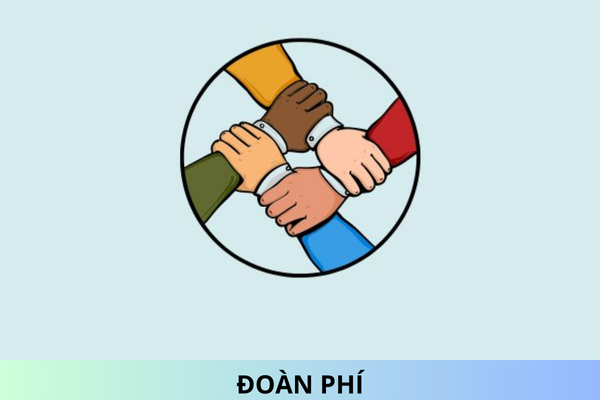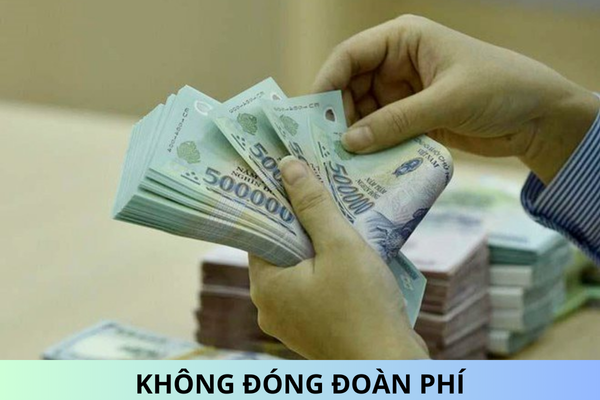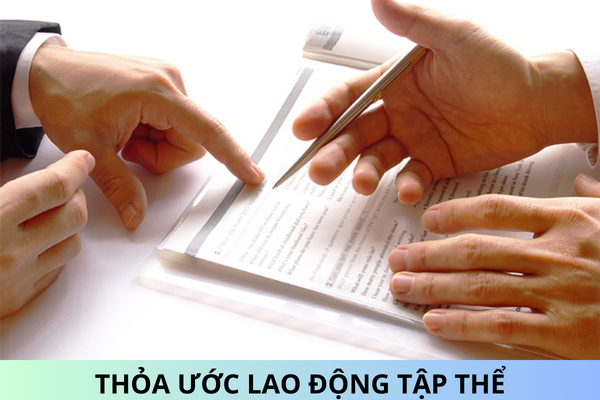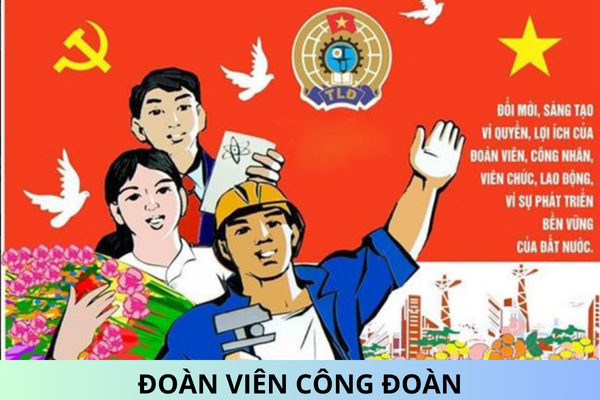Which occupations are included in the list of occupations bound by strict requirements for occupational safety and health in Vietnam?
Which occupations are included in the list of occupations bound by strict requirements for occupational safety and health in Vietnam? - Mr. Quan (Da Nang)
Which occupations are included in the list of occupations bound by strict requirements for occupational safety and health in Vietnam?
Pursuant to the Circular 06/2020/TT-BLDTBXH stipulating 32 occupations bound by strict requirements for occupational safety and health in Vietnam:
1. Manufacturing, assembly, operation, maintenance, repair and dismantlement of machinery and equipment, examination and verification of occupational safety techniques, and supervision of operation thereof on the List of machinery, equipment, raw materials and substances bound by strict requirements for occupational safety and health promulgated by the Ministry of Labor, War Invalids and Social Affairs.
2. Directly producing, using, storing and transporting dangerous and hazardous chemicals classified by the Globally Harmonized System of Chemical Classification and Labelling.
3. Testing, manufacturing, use, storage and transport of explosives and explosive accessories.
4. Operation, maintenance, repair, dismantlement, inspection and supervision of operation of machinery and equipment including machine hammers, sludge dredging vessels or machines, pumps; mortar pumps, mortar mixers, mortar grouting machines and concrete sprayers; concrete grinders, cutting and sanding machines; multi-purpose demolition machines; hand-held drills; concrete batching plants, building material crushing and screening plants; powered shovels, excavators, bulldozers, leveling machines, rolling machines, compacting machines; self-dumping trucks with a load capacity of 5 tonnes.
5. Directly assembling, operating, repairing, maintaining and cleaning grinding machines, sawing machines, milling machines, planing machines, lathe machines, cutting machines, tearing machines, punching machines, shaping machines, material feeding machines, blending and mixing machines, rolling machines, centrifugal machines, drying machines, sorting machines, pressing machines, paper machines, roll forming machines, laminating machines, wrapping machines, packing machines; hydraulic jacks; polishing machines, sanding machines, conveyor belts, water guns, pneumatic guns; industrial printing machines.
6. Direct making of moulds, refining, rolling, moulding, cleaning, plating and polishing of metal surfaces; metal processing; ore refining, coke refining; performing of jobs at cement-producing rotary kilns, furnaces or combustion chambers for burning of refractory materials or refining of calcium carbide; operation, repair, examination, supervision and feeding of materials, discharging of products, wastes from incinerators, kilns and furnaces.
7. Working at a height of over 2 meters above the ground, on mobile platforms or at precarious places.
8. Working on river, at sea, on water surface or on rigs, scuba diving or supervising diving; operating, repairing, maintaining and examining of machinery and equipment in ship’s holds and on waterway vessels.
9. Working in contact with ionizing radiation, radioactive or nuclear materials; operating radiographic equipment using nuclear radiation or electromagnetic field.
10. Working in contact with electromagnetic field at high frequency bands from 3 kHz or higher.
11. Forest planning and inventory; geological surveying, topographic surveying, marine surveying, geophysical surveying; surveying, exploration, extraction, processing of minerals and petroleum; manufacturing, use, operation, maintenance and repair of buildings and equipment for the extraction of minerals, petroleum and petroleum products at sea and on land.
12. Construction jobs including construction supervision; construction survey; work construction and installation; repair, renovation, relocation, restoration and demolition of works; work warranty and maintenance; trial operation of works.
13. Working in confined spaces or spaces that potentially release noxious gases such as vaults, tunnels, tanks, wells, sewers and underground works; operation and maintenance of gas pipes; industrial cleaning, environmental cleaning, cage cleaning, wastewater treatment, garbage disposal and sewer flushing.
14. Operation, maintenance, repair, testing and safety testing of electrical equipment, power transmission lines and power plants; operation of battery charging stations, repair and maintenance of batteries.
15. Welding and cutting of metals.
16. Directly operating trains and trams; driving, repair and maintenance of all kinds of automobiles.
17. Directly manufacturing and processing building materials, chinaware, porcelain, glass and plastic.
18. Professional rescue.
19. Direct manufacturing and processing of leather and feathers; dyeing; silk processing.
20. Directly cutting, sawing, extracting and processing industrial wood; regular manual handling of objects weighing 30 kg or more.
21. Directly cooking or processing food at collective kitchens providing serving capacity of 300 rations each day.
22. Medical examination and treatment; taking care of disabled and sick people; pathology, forensic examination and micro-biological testing; occupations in pharmaceutical industry.
23. Testing and manufacturing of veterinary drugs; preservation of genes, micro-organisms and parasites; environmental sterilization and disinfection; food inspection and sterilization.
24. Directly slaughtering animals, caring and breeding large animals in production and business establishments; farming and training sniffer dogs, wild animals, snakes and crocodiles and destroying infected animals.
25. Direct operation of petrol, oil and liquefied petroleum gas pumps; repair of petrol and oil tanks, and delivery, receipt, wholesale and retail of petrol and oil.
26. Direct processing of rubber latex and resin.
27. Directly operating production and processing of beer, spirits, soft drinks, tobacco, cooking oil, confectionery and milk.
28. Circus, animal circus performers; professional athletes, professional fitness and sports coaches.
29. Working with computer display devices including air traffic control, operation or remote control via displays.
30. Directly doing cremation and burial work.
31. Special occupations in the military sector on the List of arduous, hazardous and dangerous occupations, and extremely arduous, hazardous and dangerous occupations.
32. Directly operating motorized agricultural machinery including threshers, harvesters, harrowers, grass cutting mowers, plant protection sprayers and water pumps.
Which occupations are included in the list of occupations bound by strict requirements for occupational safety and health in Vietnam? - image from internet
According to the Law on occupational safety and hygiene in 2015 in Vietnam, what are prohibited acts?
Pursuant to Article 12 of the Law on occupational safety and hygiene in 2015 stipulating prohibited acts:
Prohibited acts
1. Concealing, providing false information about occupational accidents or occupational diseases; failing to conform to requests or implement measures for occupational safety and hygiene causing damage or threaten lives, assets and environment; compelling employees to work or prevent employees from leaving the workplace when there are hazards of occupational accidents threatening their health or lives or compelling employees to keep working even though such hazards have not been eliminated.
2. Evading paying or delaying paying insurance premiums; appropriating the insurance premiums or the insurance payout; cheating or forging documents on the insurance; failing to pay the insurance premiums for employees; managing and using the insurance fund not in accordance with regulations of law; illegally assessing database of the insurance.
3. Using machinery, equipment or materials having strict requirements pertaining to occupational safety and hygiene without any inspection or the inspection results show that those machinery, equipment or materials do not meet requirements; have no clear origin, expire; do not ensure quality; or cause environment pollution.
4. Committing a fraud in inspection, training in occupational safety and hygiene, occupational environment monitoring, or medical assessment of decreased work capacity upon occupational accidents or occupational diseases; prevent, make difficulties or cause damage to lawful right and interests of employees and employers in terms of occupational safety and hygiene.
5. Discriminate on grounds of sex in assurance of occupational safety and hygiene; discriminate against employees who refuse to keep working or leave the workplace when they believe that there are hazards of occupational accidents that threaten their lives or health; or discriminate against employees in charge of occupational safety and hygiene of the workplace, discriminate against occupational safety and hygiene officers and health officers.
6. Give work assignment that strictly requires occupational safety and hygiene to employees who have not been trained in occupational safety and hygiene.
7. Pay in cash instead of in-kind allowances.
As regulated above, there 07 prohibited acts regarding occupational safety and hygiene in Vietnam.
What are rules for occupational safety and hygiene assurance in Vietnam?
Pursuant to Article 5 of the Law on occupational safety and hygiene in 2015 stipulating rules for occupational safety and hygiene assurance in Vietnam:
- Respect the right of employees to have safe and hygienic working conditions.
- Implement all measures for occupational safety and hygiene during the course of work; give priority to measures for prevention, elimination and control dangerous or harmful factor during the performance of work.
- Consult with trade unions, employer representative, Councils of occupational safety and hygiene about development and implementation of policies, law, programs and plans for occupational safety and hygiene.
Best regards!











